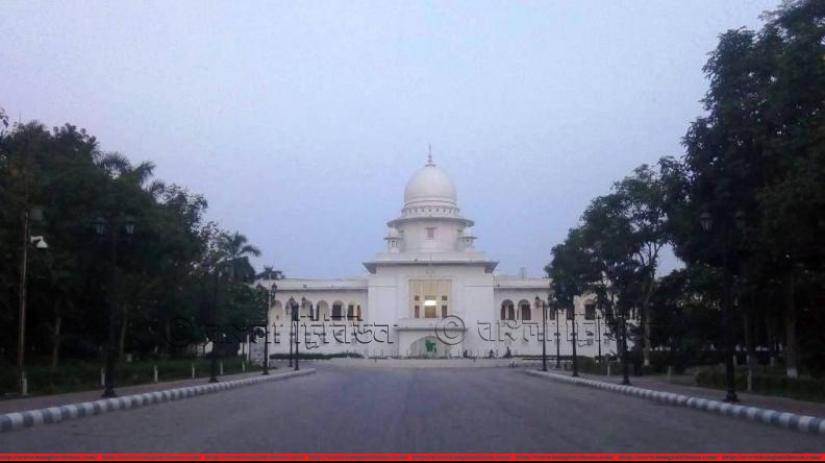 Since many female toilets with proper facilities are missing in workplaces, many women refrain from using toilets during their period, which increases risk of developing health complications.
Since many female toilets with proper facilities are missing in workplaces, many women refrain from using toilets during their period, which increases risk of developing health complications.
With more women in the professional arena, toilets with facilities are essential.
In both sections of the supreme-court, the number of lawyers is around five thousand with two thousand seen at court premises regularly. They are also supported by junior women apprentice lawyers.
Supreme court barrister, Rashna Imam, says, “People who have seen toilets in other countries get a shock when they see our wash rooms.”
Most of the toilets are dirty and do not have proper facilities to aid a woman who is going through her period.
“Also, the toilet is far away which is inconvenient.”
She further said that since many women lawyers do not use the toilets, they drink less water and use toilets when they go back home, increasing risk for their health.
Nakib Rajib Ahmed, head of communications for Red Orange – an organisation which works for period time health, says, “In proper toilets, clean water, soap, garbage bins with lid and sanitary pads are essential.”
The toilet space also needs to be spacious and wide, he added.
Deputy-director of Reproductive Health Services Training and Education, Dr. Elvina Mustari, says, “many professional women skip office during periods because their work places do not have proper toilets or sanitary napkin changing facilities.”
A woman has to change the napkin every six hours, otherwise she faces the risk of developing health problems including Urinary Tract Infection, excruciating pain in the lower abdomen, itching and other problems that in serious cases, may lead to Cancer, she cautioned.
Barrister Rashna Imam says, “In other countries, toilets have sanitary napkins for women and this must be followed in Bangladesh.”
However, the new 16 storied building to be constructed by the supreme-court old building is supposed to have proper facilities.
 Others
Others
40113 hour(s) 1 minute(s) ago ;
Morning 03:55 ; Thursday ; May 15, 2025
Supreme Court plus all offices must have proper toilets for women
Send
Bahauddin Imran
Published : 04:00, Nov 28, 2018 | Updated : 04:00, Nov 28, 2018
Published : 04:00, Nov 28, 2018 | Updated : 04:00, Nov 28, 2018
0 ...0 ...
/tf/
Topics: Top Stories
- KOICA donates medical supplies to BSMMU
- 5 more flights to take back British nationals to London
- Covid19: Rajarbagh, Mohammadpur worst affected
- Momen joins UN solidarity song over COVID-19 combat
- Covid-19: OIC to hold special meeting
- WFP begins food distribution in Cox’s Bazar
- WFP begins food distribution in Cox’s Bazar
- 290 return home to Australia
- Third charter flight for US citizens to return home
- Dhaka proposes to postpone D8 Summit
Unauthorized use of news, image, information, etc published by Bangla Tribune is punishable by copyright law. Appropriate legal steps will be taken by the management against any person or body that infringes those laws.
Bangla Tribune is one of the most revered online newspapers in Bangladesh, due to its reputation of neutral coverage and incisive analysis.
F R Tower, 8/C Panthapath, Shukrabad, Dhaka-1207 | Phone: 58151324; 58151326, Fax: 58151329 | Mob: 01730794527, 01730794528


